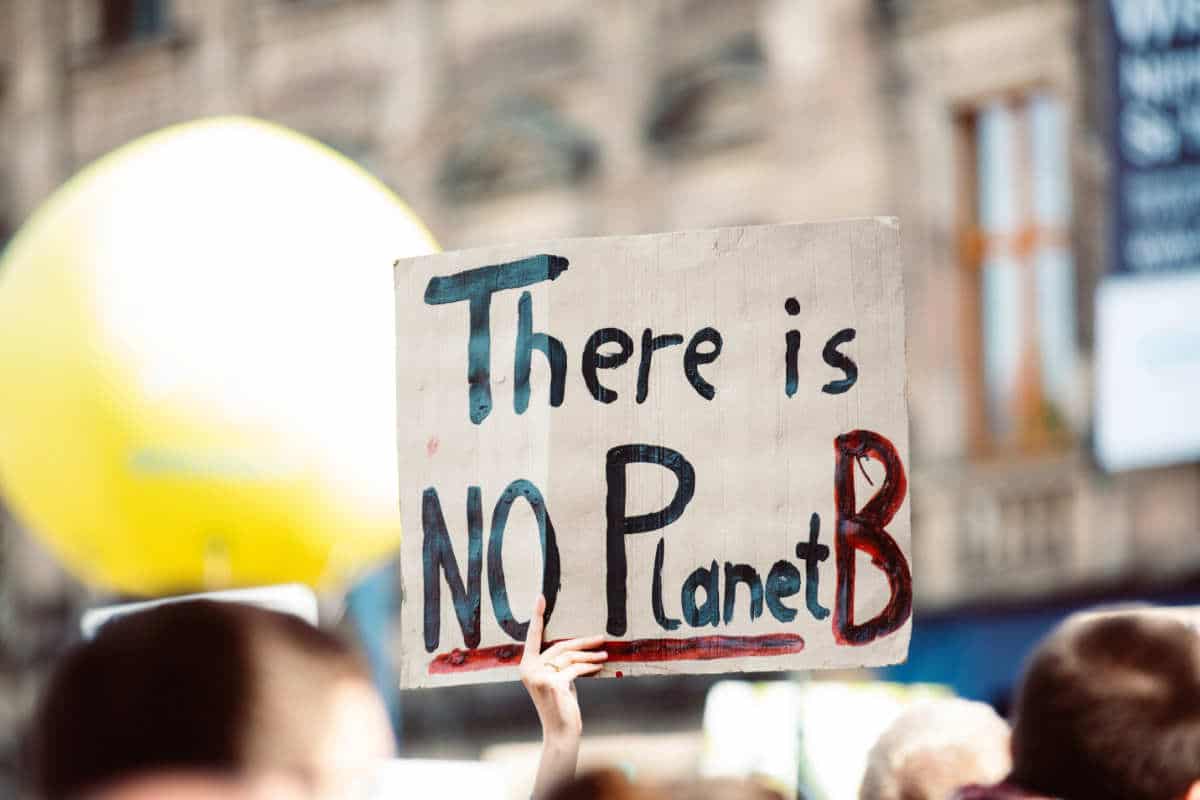
Despite years of controversy over global warming, researchers say the last word has now been said on the issue.
It’s quite a point of discussion: climate change. Because is man the culprit of the current rising temperatures and everything related to it? Or is it simply a freak of nature? After all, there have been several times in the past that the Earth’s climate changed rigorously. For years, climate deniers took on the ever-growing scientific evidence that humans were really to blame. But now, according to researchers, we really can’t ignore it. Because more than 99 percent of peer-reviewed scientific papers agree that climate change is caused by humans.
Study
The researchers are building on a similar paper published in 2013. At the time, it found that 97 percent of studies published between 1991 and 2012 support the idea that human activities are changing the Earth’s climate. The new study analyzed 88,125 climate-related scientific studies published between 2012 and 2020. That way, the researchers wanted to determine whether the consensus might have changed since 2013.
99 percent
But nothing turns out to be less true. Instead, the consensus has grown. For example, it appears that almost all climate studies (99 percent) now state that humans are causing climate change. So almost all climate scientists are on that side. “I think this confirms once again — this time without a reasonable doubt — that the scientific consensus on human-caused climate change is virtually universal,” study researcher Mark Lynas said. Scientias.nl.
It means that climate deniers don’t really have a leg to stand on. “There can’t be any more claims like ‘the scientists are still debating’ or anything like that,” Lynas says.
Debate
According to the researcher, that is a very important idea to get rid of. Because polls and opinions of politicians and public representatives sometimes point to the false claim that there is still a debate among scientists about the true cause of climate change. In 2016, for example, the Pew Research Center found that only 27 percent of American adults believe that “almost all” scientists agree that climate change is due to humans. There is also still division in politics and among the population about whether or not humans can be blamed.
According to recent figures from the CBS Six out of ten people think that climate change is entirely (12%) or mainly (48%). More than a quarter (27 percent) indicate that humans and nature play an equally important role in this. Five percent think that nature is the main cause of climate change and one percent attribute climate change entirely to nature.
Now that it turns out that scientists actually agree with each other, the question arises where climate skepticism actually comes from. “I think this study helps confirm that climate skepticism is primarily a cultural and political phenomenon,” Lynas says when asked. “It’s not something that’s driven by scientific uncertainty. There are many reasons for this – ideological, or economic – but they are certainly not scientific issues.” Convincing climate deniers with rock-solid data has therefore proved pointless on several occasions in the past. “I don’t think climate denial should be fought with science,” Lynas says. “They are political debates that need to be handled in a different way.”
Solutions
According to the researchers, it is very important that we recognize that humans are really the cause of the current warming world. Because only in this way can we implement solutions quickly. And that is also urgently needed. We are currently experiencing the devastating effects of climate change – such as climate-related disasters such as floods and heat waves – firsthand. Yet, despite the great scientific consensus, we seem to be doing too little about this. “The joint commitments of countries around the world are still insufficient to achieve the goals of the Paris Climate Agreement,” says Lynas. “This is something that will be discussed at the upcoming climate summit in Glasgow.”
All in all, the researchers want to use their study to show that the debate is now really over. “If the 97 percent result from the 2013 study still left some doubt about the scientific consensus on human influence on climate, hopefully the current findings will remove any remaining uncertainty,” Lynas underlines. “I therefore think that this should be the last word – this work does not need to be repeated again. Scientists are now as confident in the reality of human-induced climate change as they are in evolution and plate tectonics. The rest is political.”
Source material:
“More than 99.9% of studies agree: Humans caused climate change” – Cornell University
Interview with Mark Lynas
Image at the top of this article: Markus Spiske via Pexels